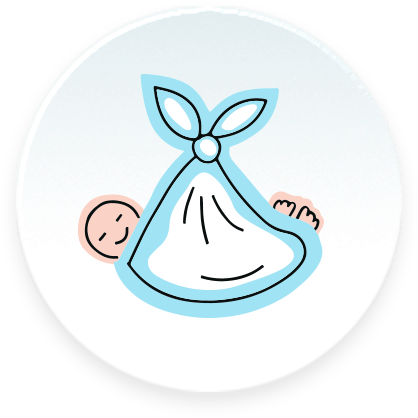ENDIA mums mental health
Our latest ENDIA publication looked at the mental health of mums involved in the study during pregnancy and early after the birth. This is because pregnancy and type 1 diabetes can each be associated with increased anxiety and depression.
We compared the well-being and mental health of women with and without type 1 diabetes during late pregnancy and postpartum in 737 women during their 800 pregnancies who were enrolled in the Australia-wide Environmental Determinants of Islet Autoimmunity (ENDIA) study.
The women with type 1 diabetes received frequent multidisciplinary review and support according to best Australian practice. We assessed their mental health and well-being with two commonly used questionnaires: the Edinburgh Postnatal Depression Scale and the Perceived Stress Scale.
Mental health and well-being was robust for most women and similar for women with and without type 1 diabetes during pregnancy and postpartum. About 90% of women had mental health scores below the threshold recommended for further assessment. About 7% of women with and without type 1 diabetes were prescribed anti-depressant or anti-anxiety medications before, during or after pregnancy. The well- being of the women with type 1 diabetes did not relate to their level of blood glucose control and this was close to target goals.
This is the largest international study to investigate mental health in pregnant women with type 1 diabetes. The results are reassuring especially given the challenge that women with type 1 diabetes face to achieve optimal diabetes control during their pregnancy. Stressors specific to the self-care of diabetes such as increased blood glucose monitoring and frequent insulin adjustment were not measured. These may well have increased during pregnancy, but it is heartening that this did not affect their overall mood.
Senior author, Dr Rebecca Thomson, summarises the findings here.


